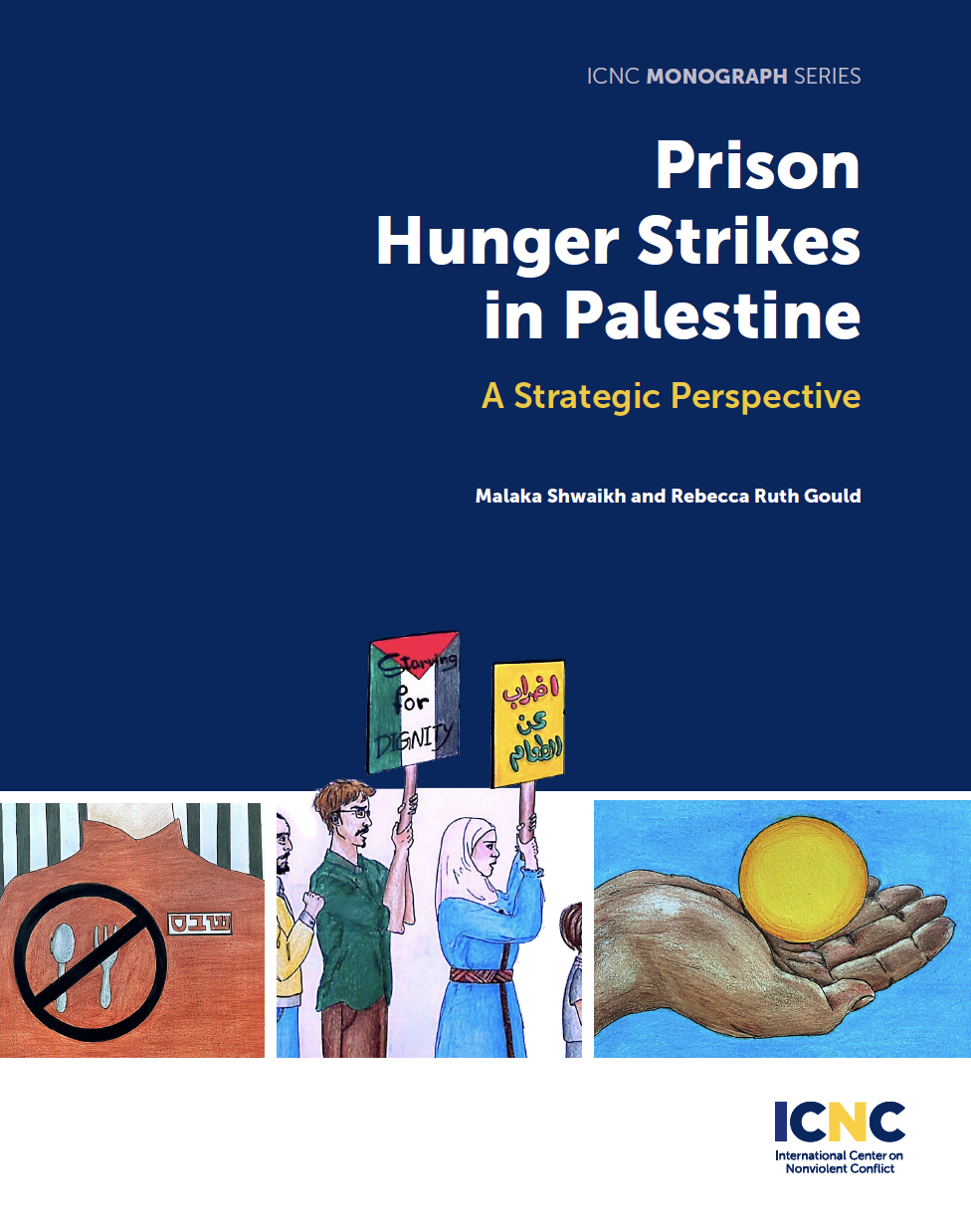This year’s awardees include:
 Malaka Mohammed Shwaikh is a Palestinian PhD student in Exeter University’s Institute of Arab and Islamic Studies. Her research focus is resistance in the prison context. She frequently speaks at international events, and her articles on the Palestinian struggle for freedom have been published in several journals. Malaka is also an award-winning activist, holding several roles (past and present) in the National Union of Students (UK) Executive Committee, and the Sheffield University and Exeter University student unions.
Malaka Mohammed Shwaikh is a Palestinian PhD student in Exeter University’s Institute of Arab and Islamic Studies. Her research focus is resistance in the prison context. She frequently speaks at international events, and her articles on the Palestinian struggle for freedom have been published in several journals. Malaka is also an award-winning activist, holding several roles (past and present) in the National Union of Students (UK) Executive Committee, and the Sheffield University and Exeter University student unions.
 Rebecca Ruth Gould is Professor, Islamic World and Comparative Literature at the University of Birmingham. She is the author of Writers and Rebels: The Literature of Insurgency in the Caucasus (Yale University Press, 2016), which was awarded the University of Southern California Book Prize in Literary and Cultural Studies and the prize for best book by the Association for Women in Slavic Studies. Rebecca was awarded the Florence Howe Award for Feminist Scholarship by the Modern Languages Association (2015) and the Charles Schmitt Prize by the International Society for Intellectual History (2015).
Rebecca Ruth Gould is Professor, Islamic World and Comparative Literature at the University of Birmingham. She is the author of Writers and Rebels: The Literature of Insurgency in the Caucasus (Yale University Press, 2016), which was awarded the University of Southern California Book Prize in Literary and Cultural Studies and the prize for best book by the Association for Women in Slavic Studies. Rebecca was awarded the Florence Howe Award for Feminist Scholarship by the Modern Languages Association (2015) and the Charles Schmitt Prize by the International Society for Intellectual History (2015).
Monograph
The fellowship for Malaka Shwaikh and Rebecca Ruth Gould culminated in the publication of the following monograph:
Prison Hunger Strikes in Palestine: A Strategic Perspective
Publication Date: January 2023
Free Download
Watch the Webinar
Monograph Abstract:
 This publication is the first major transnational examination of prison hunger strikes. While focusing on Palestine, the research is enriched by extensive interviews and conversations with South African, Kurdish, Irish, and British ex-prisoners and hunger strikers. This study reveals in unprecedented detail how prison hunger strikes achieve monumental feats of resistance through the weaponization of lives.
This publication is the first major transnational examination of prison hunger strikes. While focusing on Palestine, the research is enriched by extensive interviews and conversations with South African, Kurdish, Irish, and British ex-prisoners and hunger strikers. This study reveals in unprecedented detail how prison hunger strikes achieve monumental feats of resistance through the weaponization of lives.
How do prison hunger strikers achieve demands? How do they stay connected with the outside world in a space that is designed to cut them off from that world? And why would a prisoner put their lives at risk by refusing to eat or, at times, drink? This research shows that sometimes prisoners’ need for dignity (karamah) and freedom (hurriya) trump their hunger pangs and thirst.
Prison Hunger Strikes in Palestine evaluates the process of hunger striking, including the repressive actions prisoners encounter, and the negotiation process. It analyzes differences and similarities between individual and collective strikes, and evaluates the role and impact of solidarity actions from outside the prison walls.
The work’s critical and grassroots understanding of prison hunger strikes fully centers the voices of hunger strikers. The analysis results in actionable takeaways that will be as useful to prison activists as they will be to their allies around the world.